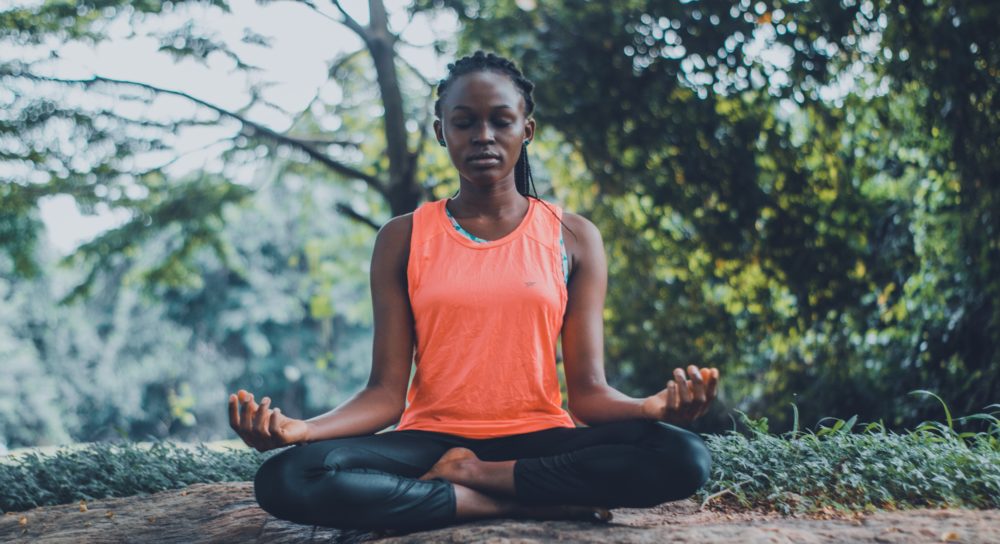During this time of social distancing, it can be frightening and cause increased levels of panic, stress, anxiety, and depression. Schools are closed, and businesses are either shuttered, have asked their employees to work from home, or furloughed their entire staff, forcing people to spend more time indoors to slow down the spread of the deadly virus known as COVID-19. For introverts, this time of being home can be a dream come true, and for extroverts, this can be their worst nightmare. And while no one knows precisely long this will continue to go on, one thing’s for sure, and that’s American’s across the country have found themselves searching for new and innovative ways to maintain their sanity all while adjusting to this new normal.
Mental health professionals have stressed that along with taking the proper measures to protect oneself from the Coronavirus, it is also important to take the same amount of care when it comes to preserving mental health and wellness. They have advised remaining calm and participating in activities such as getting fresh air, meditating, staying active, and keeping a routine, as ways to cope during this quarantine season.
Florida resident, Dr. Tamia McEwen, Ph.D., and CEO of Be Well, Friends says, “Breathe and find your happy. Allow your breath to bring you back to awareness. Maintain a pleasant disposition and laugh. We tend to gravitate towards worrying, and instead of looking at what everyone is saying about what’s going wrong, choose to focus on the positive aspects of what you can do.” She also advises, “Be active. If you can do that, go outside and interact with nature, without and agenda. Walk, breathe, and understand that maintaining your mental health through what you have access to eat is important as well. Gut friendly foods such as leafy greens, ginger, and blueberries help to bolster us. As well as drinking plenty of water.”
“I think the first important thing is to have a schedule, but be ok with switching it up. Don’t feel like you have to do the same thing in the same order. Find variety in the things that you do and break up your day”, says Lauren Jackson, LPC and Founder/CEO of Chicago nonprofit, SLAY. She followed up by saying, “Take this time to do some also journaling. This is a time for self-reflection. A time to grow, a time to have some “me-time” that we typically don’t get daily. While journaling, talk about the things that you haven’t been able to talk about and find the time and space to make room for them.” For families that have small children or are looking for ways to keep them entertained, Lauren advises, “There’s an app called Happify, and they have tons of activities and videos for younger children and adolescents. We’re now doing homework with them and e-learning, and it’s important to switch it up with them.” When asked about therapy, Lauren stated, “You can still see your mental health provider. If you have a therapist or even if you don’t have one, many are still working. Some of us are doing teletherapy, especially in the state of Illinois. The governor has allowed for mental health providers, regardless of license level, to practice online. They are also putting in an emergency order to allow for therapists to practice over the phone, through Skype, Facebook. All different social networks that we didn’t have the authority to use to service someone in the past. So if you find yourself battling with suicidal thoughts or ideations, we still want you to reach out to your mental health providers.”
Counseling Graduate Assistant for University of North Carolina Greensboro’s Nicole Osborne says, “With my clients and students, I use a Self-care Wheel. It breaks down self-care into different components and helps with a lot of mental health processing through self-care. During this time, which can be a blessing and a curse, it helps with reflecting on who you are, how you take care of yourself, and ways in which you want to improve during this time of solitude. It gives you different ideas that you can further springboard into a way for you to better care for yourself and your goals.” Nicole also advises, “Shifting your mindset and reframing your thoughts. Instead of saying you’re stuck at home, look at it as being safe at home and spending time with your family. So rather than shifting to a more positive view, shift it to something more beneficial. Or instead of panicking because everything is shutting down, shift your mindset to the fact that the most important places, such as medical centers, pharmacies, and grocery stores, are still open.” When asked about other ways to take advantage of this time, she went on to say, “Take the time to explore different skills or hobbies that you wouldn’t necessarily have had the time to do. Also, create a balance. If you need a break for a few days, take it. It’s a form of rest. When you think about all the time you spend working versus resting, this, in a way, is making up for it. And understand that you deserve this break, so don’t feel guilty about it.”
During this time of uncertainty, where maintaining increased mental health and wellness is paramount, it is important to not only adopt the methods listed above but as Dr. Tamia McEwen says, “Take better care of yourself and just get back to the essence of just being human.”
If you or someone you know is having a difficult time during this quarantine season and is experiencing suicidal thoughts, please contact 911.
Racquel Coral-Contributing Writer
